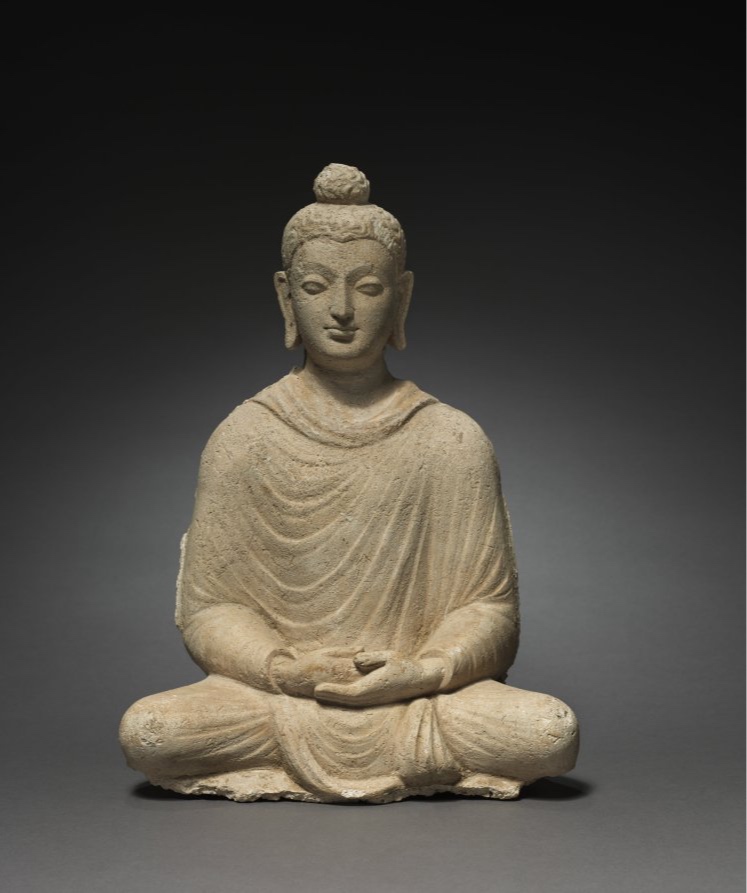It’s common practice for many of us to make new year’s resolutions. Research suggests we tend to break them within just a few months! Lose weight, exercise more, etc. Not that these aren’t worthwhile goals. Of course we can make efforts to be at a healthy weight for our age, height, and individual physiology and exercise to keep our bodies fit for as long as we are able. But what does this have to do with Zen practice?
Among the 16 Precepts, are the Three Resolutions:
I resolve to do good.
I resolve to avoid wrong.
I resolve to liberate all living beings.
These can be powerful statements of commitment to growth and change for the new year. Each one turns our attention to actions that will demonstrate our True Nature as it manifests in our daily lives and will honor the interconnectedness that is revealed in our Zen meditation practice and in awakening experiences.
What does it mean to “do good?” While in some ways this will differ for each person based on his/her karmic circumstances (work, family, community, school, etc.), the root of it is to act in ways that decrease suffering for ourselves and others. A simple act like picking up trash when we take a walk in our neighborhood or shoveling the snow for an elderly neighbor makes the world a more compassionate and beautiful place. Sometimes our actual job is “doing good”, whether it’s as a doctor or a janitor, a bookstore owner or a grocery delivery person, a mail carrier or a mayor. If we ask often enough “How do my actions contribute to or help alleviate suffering?” we will be able to live up to this resolution more and more often.
What does it mean to “avoid wrong?” This might seem obvious from the previous resolution; if “doing good” means helping alleviate suffering then obviously “avoiding wrong” means not creating or contributing to suffering. And that’s true…but it’s not enough. Sometimes, telling a lie is more convenient. Not wearing a mask in a pandemic is more comfortable. Breaking up with someone by text message is easier. But what’s at the root of these “wrong” actions? The Self. And one of the essential teachings of Buddhism and Zen is No- Self. The Self is a useful construct that contributes to psychological well-being and we each need a healthy self-concept to function. But The Self has no abiding reality and the actions described above are only designed to be convenient, comfortable, and easier for this imagined Self. So when we resolve to avoid wrong, we can ask whose suffering we are attempting to alleviate? And if it is ONLY ourselves, we might need to think again.
It is also not okay to continually cause ourselves to suffer and allow others to abuse us. It’s a delicate balance, and often, the most damage we do to ourselves is with negative and harmful thoughts about ourselves. “I’m worthless,” “I’m not good enough,” ‘I don’t deserve to have peace or happiness.” For some people, these negative thoughts contribute to anxiety and depression. So “avoiding wrong” includes not listening to these negative voices in our heads as well as not committing acts that harm others.
But it’s the third resolution that is the foundation for living up to the first two. When we resolve to “liberate all beings”, the starting place is with ourselves and our zazen (seated Zen meditation practice.) When we break through and liberate ourselves from our thoughts, the delusive thinking that is the source of suffering (as we know from The Four Noble Truths), we rouse the energy and strong focus we need to work at living up to the first two resolutions. Just as we need to bring our attention back and back again and again to our meditation practice, we need to try again and again to manifest these resolutions in our daily lives.
The grounding for all of this is daily Zen meditation practice. DAILY. PRACTICE. And practice involves not just those moments of wholeness, but the moments of distractedness followed by the awareness that we’ve frittered away, and the return of our attention to the counting, the breath, or the koan.
That’s how to live up to our New Year’s resolutions…not just for 2021, but for every year we are fortunate and grateful enough to be alive.
